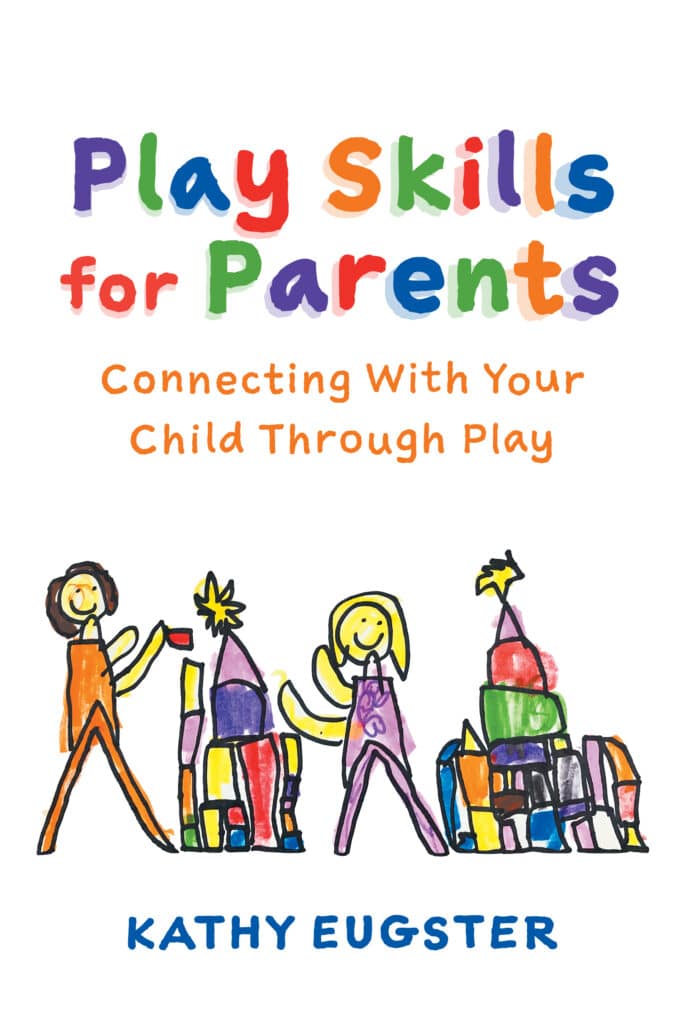Despite what my children may believe, I am not old. At 38, I can recall with ease back to the days when smoking cigarettes was allowed in restaurants. In fact, I remember that as a teenage waitress, my assigned area was almost notoriously the “smoking section” of the restaurant, because some of the senior waitresses couldn’t stand the smell. I did as I was told, never thinking anything of it. Parents smoked in their cars with their children. No big deal. Not that long ago, the thought of asking someone to put their cigarette out or to refrain from smoking in the presence of their children was still considered taboo, if not rude. Fast forward to 2021, and now it is commonplace for restaurants and public establishments to be smoke-free. Light a cigarette in front of a child and prepare to be confronted about it. Under the clean indoor air laws, smoking is now prohibited within school buildings and on school grounds in most states. We know the harmful effects. Heck, we knew it back in the ’50s, but we needed to listen to, process the information, campaign, and move…together. And, you know what? We did it for them, for ourselves, and for our future generations. As with every new era, comes new challenges and needs for evolution and change. Here we are in 2021, and the issue is no longer smoking. Cue: Screens. Specifically, smartphones.
There’s no denying the evidence suggesting that our smartphones are causing negative health effects. We even have a medical diagnosis for smartphone addiction (it’s Nomophobia, by the way). Look for yourself – you don’t have to dig very deep to find it. We have developed difficulties with sleeping, anxiety, compulsive web surfing, loneliness, depression, even vision, and balance disturbances. In some cases, relationships are on the fringe, compulsive use of these devices are interfering with one’s ability to be productive at work and, possibly worst of all, one’s ability to safely drive a vehicle. The issue has become so massive and widely recognized, that it is almost too overwhelming to broach. Until it affects our children. Reminiscent of the aforementioned smoking issue, the rumblings have started.
Now, let me first say, I come in peace. My weapons are down and my position is non-judgemental. In fact, I’m just as phone-obsessed as the average, exhausted mother sitting next to me. I do not have any fancy letters or achievements attached to the end of my name. I’m simply a mother, teacher, and imperfect human learning as I move in a forward direction at the best pace I can. With that said, parenting and teaching are, without question, two of the most challenging jobs on the planet. When it comes to the best interest of our children, we are the rhetorical “boots on the ground.” In my 15+ years as a public school teacher and 6+ years as a parent, here’s what I’ve learned: they’re watching us. Groundbreaking, I know.
Seriously though, think of it like this—have you ever tried to convince a child that they should be putting “greens” on their plate when they’ve been watching you eat a lone slice of pizza for dinner, for years? It’s not convincing. Despite how fundamental it sounds, our smartphone issue is the same. Perhaps, though, it is more detrimental and pressing, as our habits could essentially be telling our babies about their worth. Does that sound crazy? It isn’t.
In one 2018 study by Psychology Today, a parallel is drawn between the “Still Face Paradigm” developed by Ed Tronick, and the “Still Face with Device.” If you don’t know about it, it is worth checking out. Essentially, the study documents how interaction, facial expression, and mutual responsiveness between a parent and child evokes positive feelings and emotions for both caregivers and children. On the contrary, a caregiver who presents what we refer to as a “still face”— unresponsive and still, evokes distress, despondency, or anxiety in the babies. When the experimental task was tested using a smartphone device, the findings remained the same. Devastatingly, some reports point out that this widespread epidemic of device distracted parenting has led to children believing that we love our phones more than we love them. Can we even blame them for thinking that?
Well, we know that children are not born with an understanding of what a smartphone is. Instead, they are born knowing our voices. They are born with an innate desire and need for human connection, bonding, nurturing, and love. What we need to remember as caregivers, is that babies today do not know a world without smartphones the way we did. What happens when they arrive on this planet to meet us, to bond with us, to interact with us, and we are distracted? What are we teaching them? What are they learning about relationships? Further, what will their future friendships, dating relationships, marriages, etc. be like, if we allow for their foundation of human connection to continue to crumble? As noted in ABC New’s 2019 Screen Time and Kids: New Findings Parents Need to Know, young children require face-to-face interaction. Without it, they will struggle to reach developmental milestones, learn empathy, understand emotion, and build language and social skills.
Our actions speak louder than anything, and over time, it snowballs. It is no wonder why we are inundated with reports of children feeling unimportant and having to compete with smartphones for parents’ attention, as well as sadness and anger. These concerns related to smartphone use don’t even begin to scratch the surface of what we already have documented. But, guess what? The digital era is certainly not going away—in fact, we know that it will only expand further and become more of a complex issue than it already is. Smartphones serve a purpose for all of us, but like anything else—too much of anything is problematic. We need a movement.
Where do we go from here? We start setting boundaries. Did you know that Bill Gates didn’t let his children get a cell phone until they turned 14? Steve Jobs raised his children tech-free and prohibited them from using an iPad (Business Insider, 2010). While it would be unrealistic to expect that any of us can remove smart devices from our lives, perhaps we should limit our children’s exposure to us using them. Many of us have heard of the “Wait Until 8th” pledge that is aimed at rallying together in an effort to delay a child’s smartphone use until 8th grade. Similar to that movement, I suggest we make every reasonable effort to keep our distracting devices hidden from our babies. They’ve come here to meet us, to love us, to bond with us—and heaven knows that caring for a child is exhausting and difficult. But, it’s the most beautiful and rewarding privilege in the world. Our children deserve our attention and they deserve to know that they are abso-freakin-lutely worth it.
How can we start? As with any other campaign, we start moving forward. Together. Slowly. It may be difficult at first. In fact, it may even result in anger, irritability, or anxiety. Keep going. Set ground rules for yourself and for your home. Maybe this effort means that there are no smartphones at the dinner table or making eye contact at school pick up time. If you already do those things— Bravo! Raise the bar higher. No smartphones in the family room or in the bedroom (your relationship with your partner matters, too!). Play board games and put puzzles together. Take a walk outside together. Talk about goals, dreams, aspirations, and make-believe. Have a dance party. Visit a park or library. Read books. “Please, Look up at Me” is a children’s book that can act as a timely and relevant conversation starter on this topic of smartphones vs. human connection. Read it together, discuss it. Ask questions. The children will tell us exactly what they need. It is our job to listen, process, campaign, and move….together. And you know what? We will do it for them, for ourselves, and for our future generations.
About the Author:
Denise D’Angelo Roland lives on Long Island, NY with her husband, 3 children, and a Labradoodle puppy. She is an experienced educator with a Master’s Degree in both Health Education and School Counseling. Aside from remaining dedicated to her family and career interests, Denise has recently become interested in educating families through children’s books. Her latest book, “Please, Look up at Me” has been praised for its timely and much-needed message about how important it is that humans remain connected as possible in this modern digital era.










